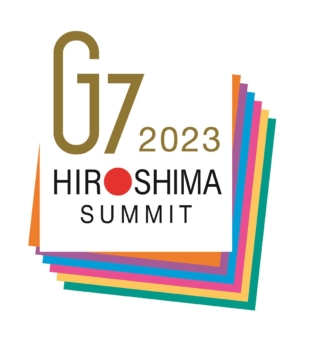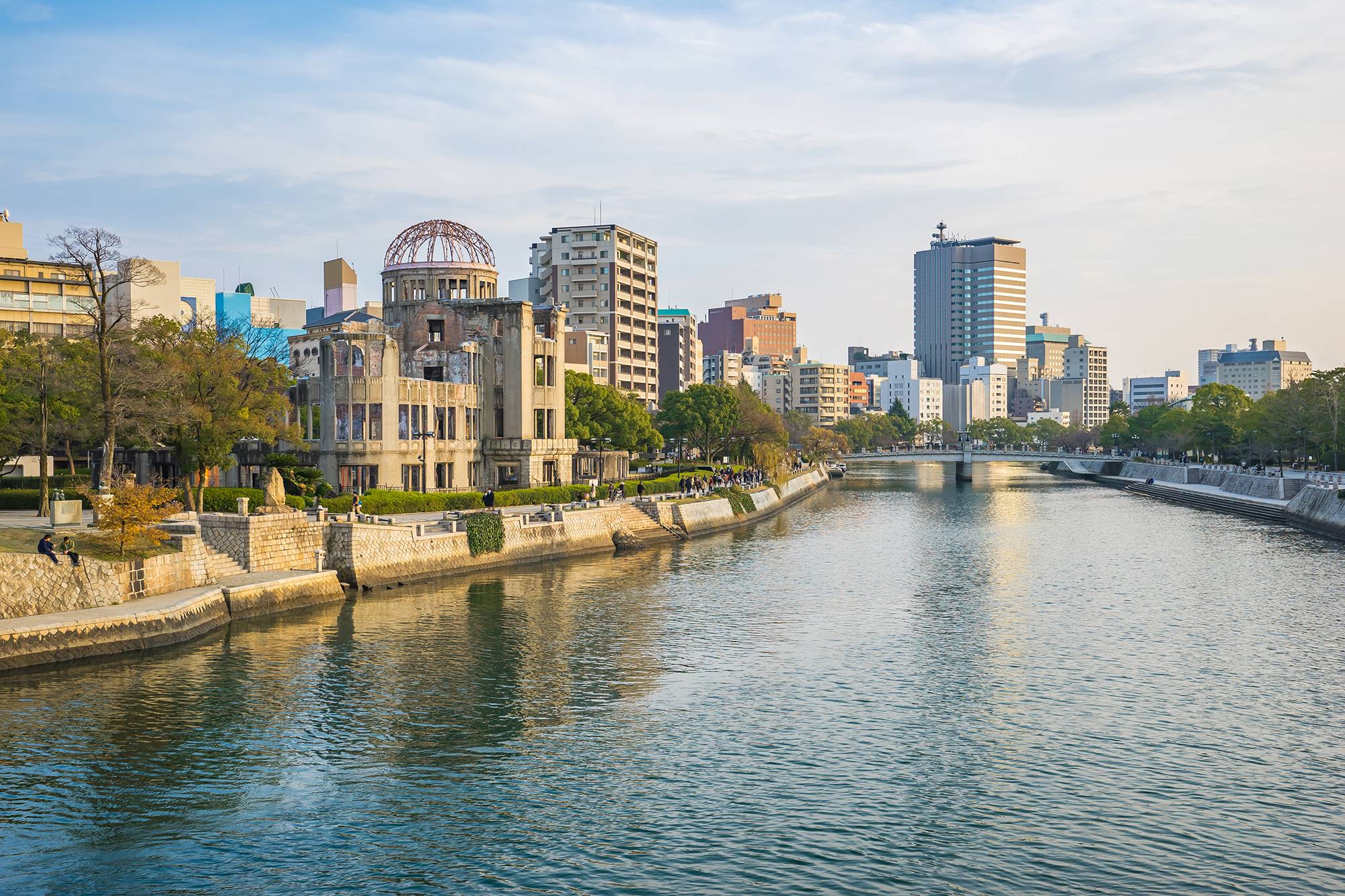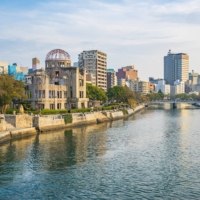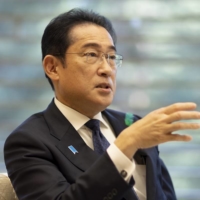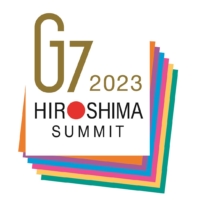For Prime Minister Fumio Kishida, hosting the Group of Seven Leaders Summit in Hiroshima carries special meaning.
Hiroshima, home to his electoral district, is a city that serves as a symbol of peace and nuclear nonproliferation after making an astonishing recovery from the ashes of World War II. As a politician, he has made nuclear nonproliferation and disarmament his lifework, writing “Toward a World Free of Nuclear Weapons” in 2020.
Kishida was also key in coordinating then-U.S. President Barack Obama’s historic visit to Hiroshima in 2016, the first by a sitting U.S. president.
“As the prime minister of Japan, the only nation that experienced atomic bombing in a war, there is no better place than Hiroshima to send out a commitment for peace,” Kishida said in May 2022 when he officially announced the city as the venue for the next G7 Summit.
“I hope to confirm with the G7 leaders in front of the peace monument that we are united in protecting peace, global order and (democratic) values,” he said. “And to send a message to the world that mankind will never again cause the catastrophe of nuclear weapons.”
Hosting the summit in Hiroshima itself is likely to draw a wider spotlight — especially from foreign media — on how an atomic attack can affect a city and its people for decades, at a time when Russia is threatening to use nuclear weapons.
Kishida plans to send out a strong message on nonproliferation during the three-day discussions from May 19, alongside the leaders of the United States, Britain, Canada, Italy, France and Germany. Leaders from eight other countries — India, Indonesia, Australia, South Korea, the Cook Islands, Comoros, Brazil and Vietnam — are also invited.
The G7 leaders are also expected to talk about their unity in supporting Ukraine amid Russia’s invasion. But whether they can agree on additional sanctions against Moscow remains to be seen. On other topics, making international rules on generative artificial intelligence, such as ChatGPT, will be on the agenda. Italy temporarily banned the use of the AI tool to protect personal information.
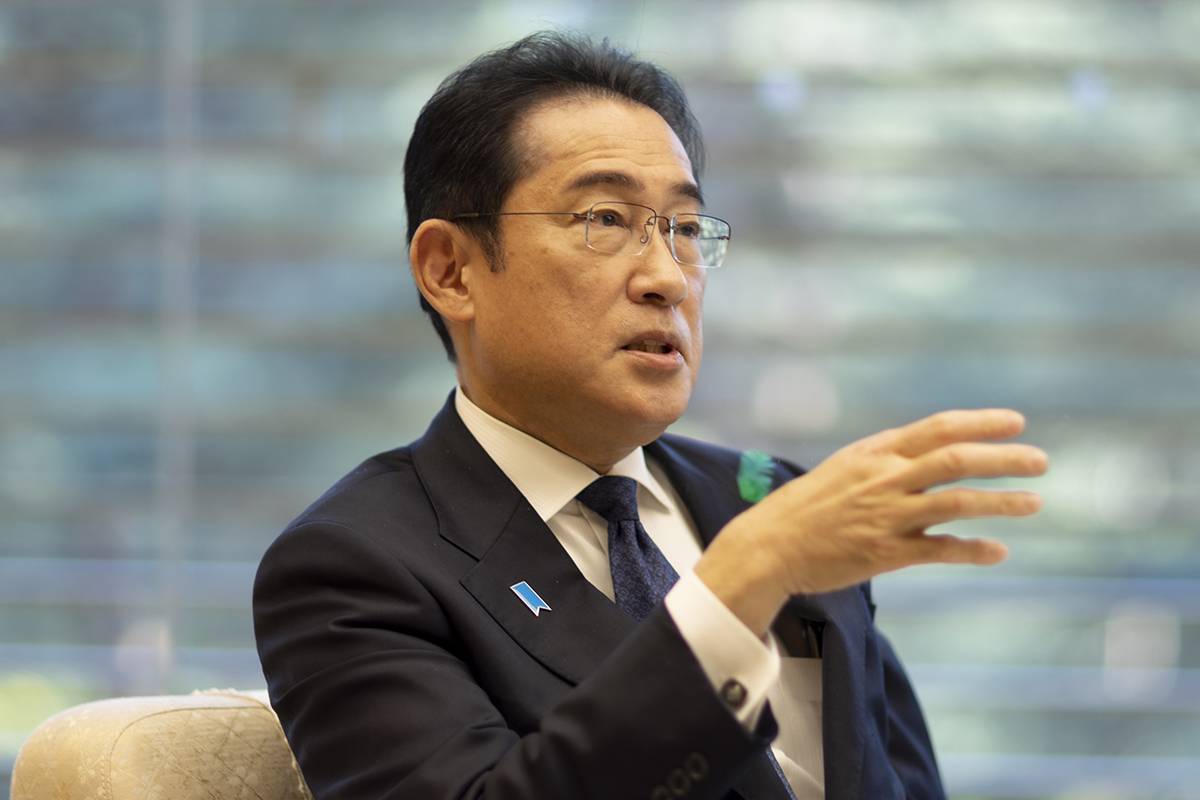
Sounding alarm on Ukraine
With hundreds of delegates from G7 countries gathering in Hiroshima to accompany their leaders, Kishida sees the summit as a great opportunity to send a message promoting a world free of nuclear weapons.
“We need to send out a strong message that we will not tolerate the use of force to change the status quo unilaterally as witnessed with Russia’s invasion of Ukraine. … that we will protect the international order based on rule of law,” Kishida said in an exclusive interview in April with The Japan Times. “We won’t allow the threat of nuclear weapons by Russia.”
About 140,000 people died from the U.S. atomic bombing of Hiroshima in August 1945 and some 80,000 more were injured. It has since been rebuilt to become Japan’s 10th-largest city by population, delivering an anti-nuclear message to the world.
But with the ongoing Russia-Ukraine war, coupled with North Korea’s development of nuclear capabilities, momentum for nuclear disarmament has been waning.
In August last year, the review conference of the Nuclear Non-Proliferation Treaty failed to adopt an outcome document as no consensus was reached on the wording over the fate of a Russian-seized nuclear power plant in Ukraine. It was the second time it failed to agree on a document since the last conference in 2015.
The prime minister is well aware of this reality and intends to use the summit to keep the conversation going.
“I want to make this an opportunity to turn it around and boost the momentum,” Kishida said, adding that he hopes to gather support for a road map to nuclear disarmament he revealed last August.
The Hiroshima Action Plan calls for measures for nonproliferation, such as encouraging visits to the atomic-bombed cities of Hiroshima and Nagasaki by international leaders, and maintaining a decline in the global nuclear stockpile. The Nuclear Weapons Ban Monitor, however, said in March that there were 9,576 operational warheads at the beginning of 2023 — up from 9,440 the previous year.
In addition, Kishida is reportedly arranging for the G7 leaders to meet with hibakusha, or survivors of the atomic bombings, during their visit. World leaders who have met with A-bomb survivors include Obama in 2016 and Pope Francis in 2019.
A united front on Ukraine
For Kishida, there is a sense of urgency over concerns that if international society is tolerant of Russia’s invasion of Ukraine, it could also be tolerant of China’s possible use of force in Taiwan. On this topic, he has repeated the phrase, “Ukraine today may be East Asia tomorrow.”
If the international community neglects the rules-based order and allows major powers to realize their national interests, Kishida said, developing countries like those in the Global South — a reference to emerging economies in Asia, Africa, the Middle East and Central and South America — will be greatly affected.
“As the invasion dragged on, more Global South countries started suffering from its impact, including the energy and food crises,” he said. “And attempts to divide the Global South are becoming more apparent.”
To ramp up support from the Global South, Kishida traveled to four African countries — Egypt, Ghana, Kenya and Mozambique — during the Golden Week holidays in late April through early May. Foreign Minister Yoshimasa Hayashi, meanwhile, visited South American and Caribbean countries.
“It’s important for the G7 countries to be united and offer support for the Global South in areas of climate change and developing infrastructure in growth industries,” Kishida said.
Since Russia’s invasion of Ukraine, winning support from nations in the Global South, which distanced themselves both from Russia and Western countries, has become a key diplomatic issue. In February, the U.N. General Assembly adopted a resolution calling for Russia to immediately withdraw from Ukraine, with 141 countries voting in favor. But 32 nations, such as India, South Africa and Bolivia, abstained.
Cooperating with emerging economies is also key because the economic influence of G7 countries has declined in recent decades, with the percentage of their combined gross domestic product dropping to 43.7% of the global economy in 2022 compared with 61.5% in 1980.
Reining in AI
Another hot topic is the need for G7 and other countries to come up with ways to create international rules related to the use of generative AI software, such as ChatGPT.
Since OpenAI launched the chatbot in November, it has shown its potential across industries from customer service and marketing to news writing. But at the same time, concerns have emerged that it might be used to spread misinformation.
In a meeting with local media outlets on April 19, Kishida spoke of the need for international rules on generative AI, adding that the topic is likely to be discussed at the Hiroshima summit.
But Italy temporarily banned the use of ChatGPT in April, citing privacy concerns. Academics and business executives, including Twitter CEO Elon Musk, have also signed an open letter calling for a six-month halt to the development of AI systems until the risks can be assessed.
Still, Japan has appeared open to the new technology, with Chief Cabinet Secretary Hirokazu Matsuno telling a Lower House committee on April 14 that the government has no plans to restrict the use of ChatGPT.
